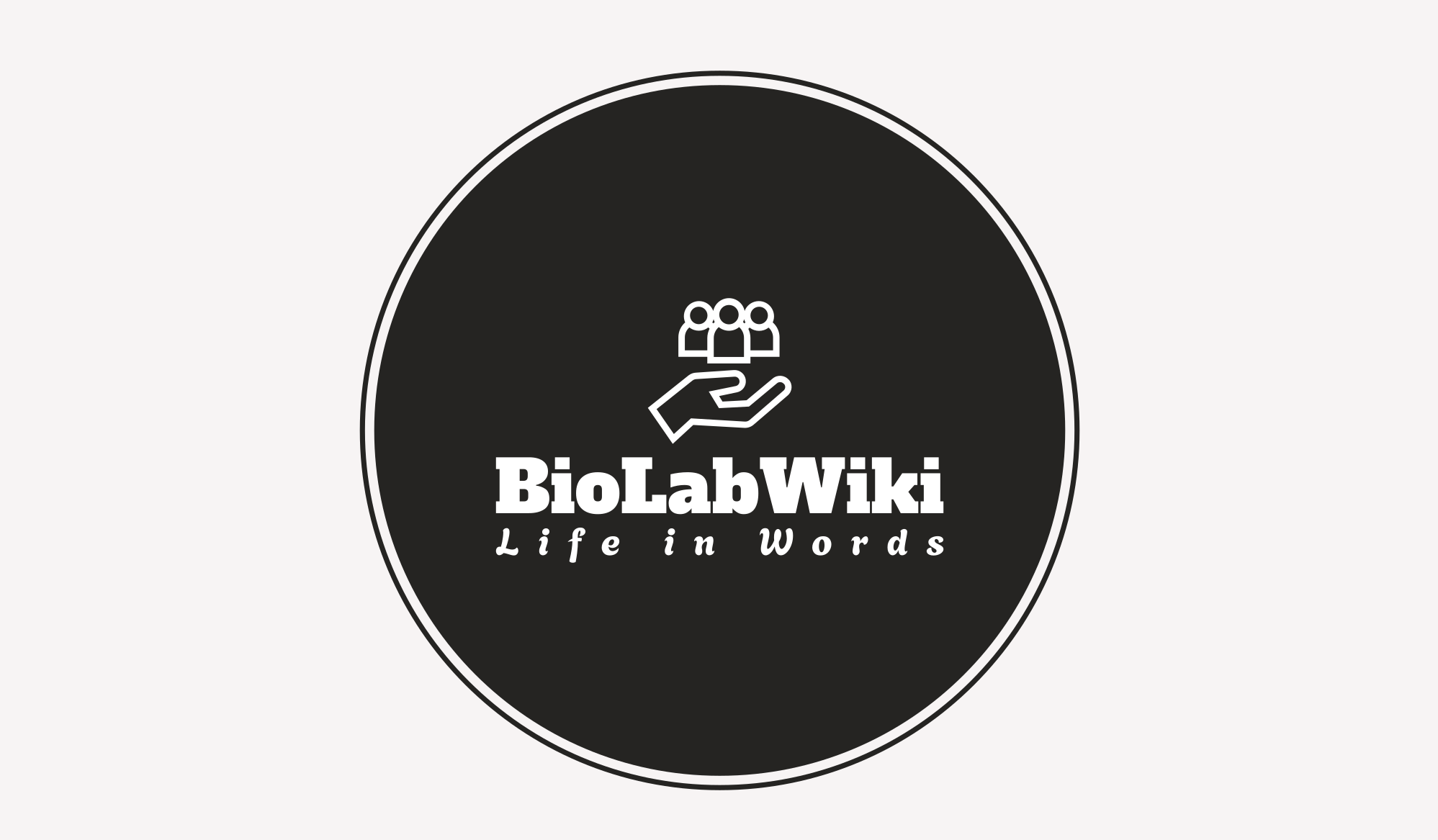Navigating the path toward improved sexual health can seem daunting. For individuals seeking assistance with erectile issues, understanding the process involved in professional care is crucial. Seeking professional guidance is a sign of proactive health management.
Initial Consultation and Medical History Review
The treatment process for erectile dysfunction begins with a thorough consultation. During this phase, healthcare professionals gather comprehensive details regarding the individual’s medical background. This includes any pre-existing conditions, current medications, and lifestyle habits. Open and honest communication is vital during this stage, as it allows practitioners to gain a holistic understanding of the patient’s overall health and potential contributing factors. This initial step is fundamental for establishing a strong foundation for future care. Building trust with the healthcare provider is also very important at this stage.
Physical Examination and Diagnostic Testing
Following the initial discussion, a physical assessment may be conducted. This could involve various tests designed to evaluate circulatory health, hormonal levels, and neurological function. Specific diagnostic procedures may be recommended based on the individual’s circumstances, ensuring a tailored approach to identifying the root cause of the issue. These tests provide objective data that aid in accurate diagnosis. Modern medical technology allows for very precise evaluations. It is important to remember that these tests are designed to help medical professionals provide the best possible care.
Discussion of Options
Once the evaluation is complete, healthcare professionals will discuss various avenues available. This conversation aims to provide clarity regarding the potential benefits and risks associated with each option, empowering individuals to make informed decisions about their care. A collaborative approach between the patient and provider is essential during this phase. Understanding all options allows for increased patient control over their healthcare. The goal is to provide information that is easy to understand.
Personalized Plan Development
A customized plan is created based on the individual’s preferences and medical needs. This plan outlines the specific interventions and strategies designed to address the unique challenges faced by the patient. It may encompass a combination of medical interventions and lifestyle modifications. Individualized care is the hallmark of modern medical practices.
In-Procedure Interventions
Some plans may include in-procedure interventions. These procedures are conducted within the facility and are designed to provide direct assistance. The nature of these interventions varies depending on the specific needs of the patient and the determined course of action. These procedures are performed by trained medical professionals.
Medication Management and Education
If medication is prescribed, healthcare professionals will provide detailed instructions regarding dosage, administration, and potential side effects. Education is a key component of this phase, ensuring individuals understand how to safely and effectively use prescribed medications. Proper medication management is crucial for achieving desired outcomes.
Follow-up Appointments and Progress Monitoring
Regular follow-up appointments are essential for tracking progress and making necessary adjustments to the plan. These appointments allow healthcare professionals to assess the effectiveness of interventions and address any concerns that may arise. Monitoring ensures that the individual’s health goals are being met. Consistent monitoring allows for adjustments to the care plan.
Lifestyle and Wellness Counseling
Beyond medical interventions, lifestyle adjustments can significantly improve overall health and well-being. Counseling on nutrition, exercise, and stress management may be provided to support individuals in making positive changes that contribute to long-term health. Holistic approaches to wellness are increasingly recognized as essential.
Addressing erectile dysfunction involves a comprehensive and personalized approach. By understanding the various stages involved, individuals can approach this journey with confidence and clarity. The goal is to provide individuals with the necessary tools and support to improve their overall well-being and quality of life.



